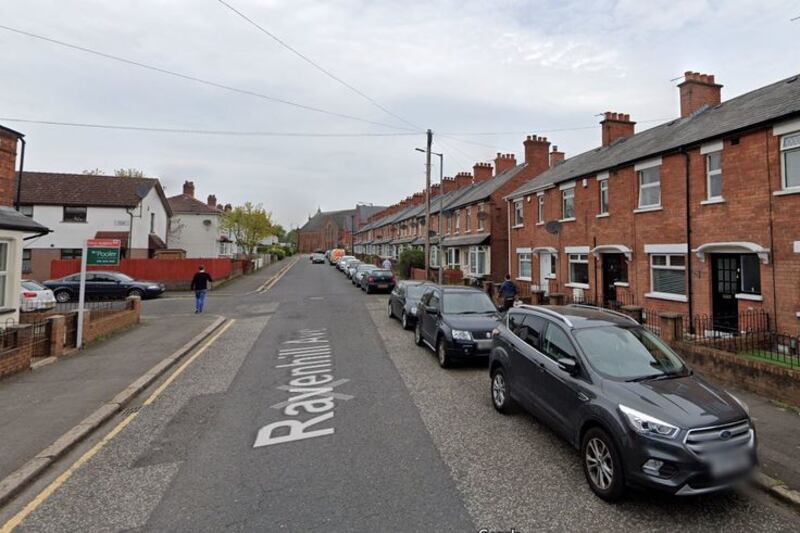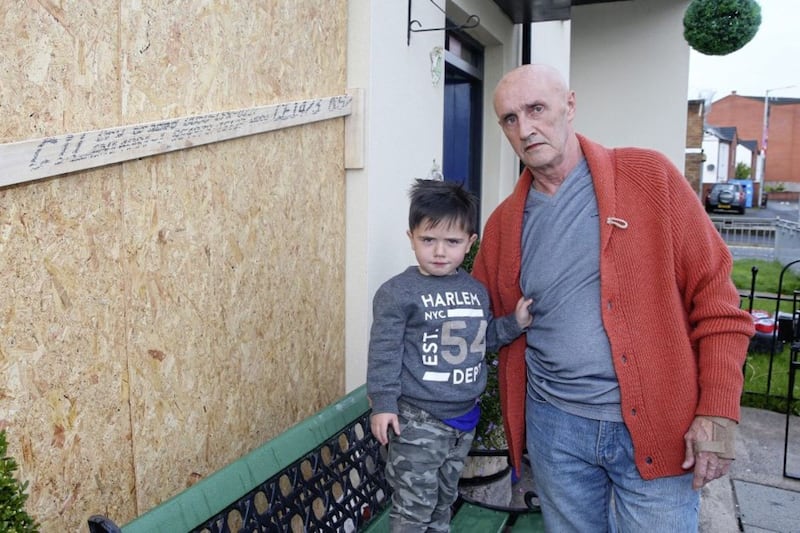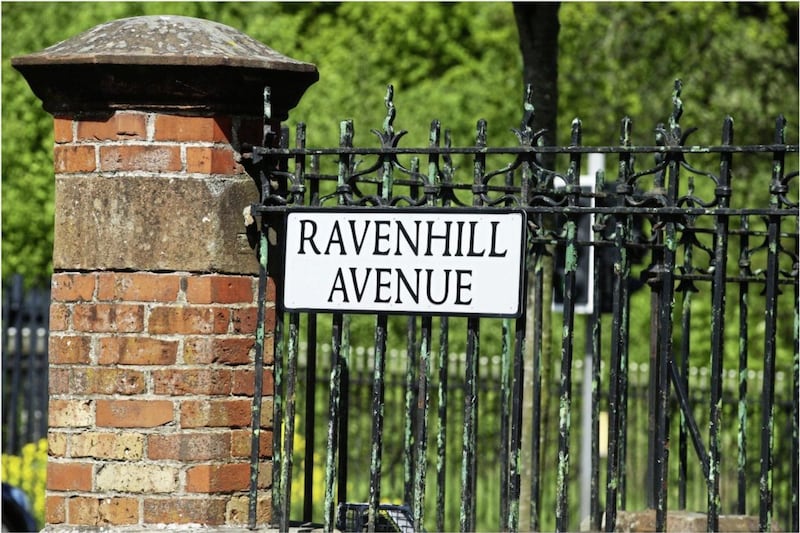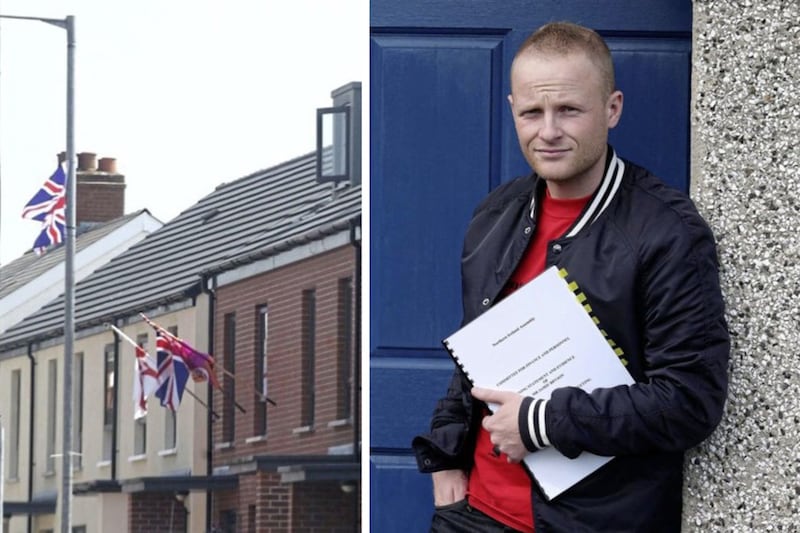If debates over flags and emblems are carried out in a climate of tolerance and mutual respect, then, even in the tense conditions which are often present in the summer months across many areas, they are capable of reaching a positive outcome.
It should certainly be agreed that the attempts to intimidate families in a new and religiously mixed housing development in the Ravenhill Avenue area of south-east Belfast a year ago were unacceptable in every regard.
UVF flags appeared outside homes in Cantrell Close and Global Crescent which had been planned as part of the Stormont executive’s `Together Building United Communities’ programme.
Considerable surprise was caused when DUP representatives visited the residents and said that most of them `didn’t want a public fuss.’
Normality eventually returned to the district until a further range of UVF and UDA flags were placed along the same stretch of Ravenhill Avenue under cover of darkness earlier this week.
They were all removed within a matter of hours, and, while the DUP declined to discuss the matter with The Irish News, indications later emerged that the party is working with loyalists on what was described as a `flags protocol’ for east Belfast and north Down.
Exactly what form this initiative will take remains to be seen, and it will be strongly felt that, as the UVF and the UDA remain completely illegal organisations, the police should be capable of taking a more proactive role over emblems associated with both groups.
However, the voluntary and hopefully permanent removal of the Ravenhill Avenue flags is at least a small step in the right direction.
The Commission on Flags, Identity, Culture and Tradition, an official body formed in 2016, is due to deliver a report on all the related issues later this year, and plainly faces an unenviable task.
Phasing out all paramilitary symbols, whether loyalist or republican, is a valid long-term aim but early progress on at least achieving a neutral atmosphere in mixed neighbourhoods would be widely welcomed.







